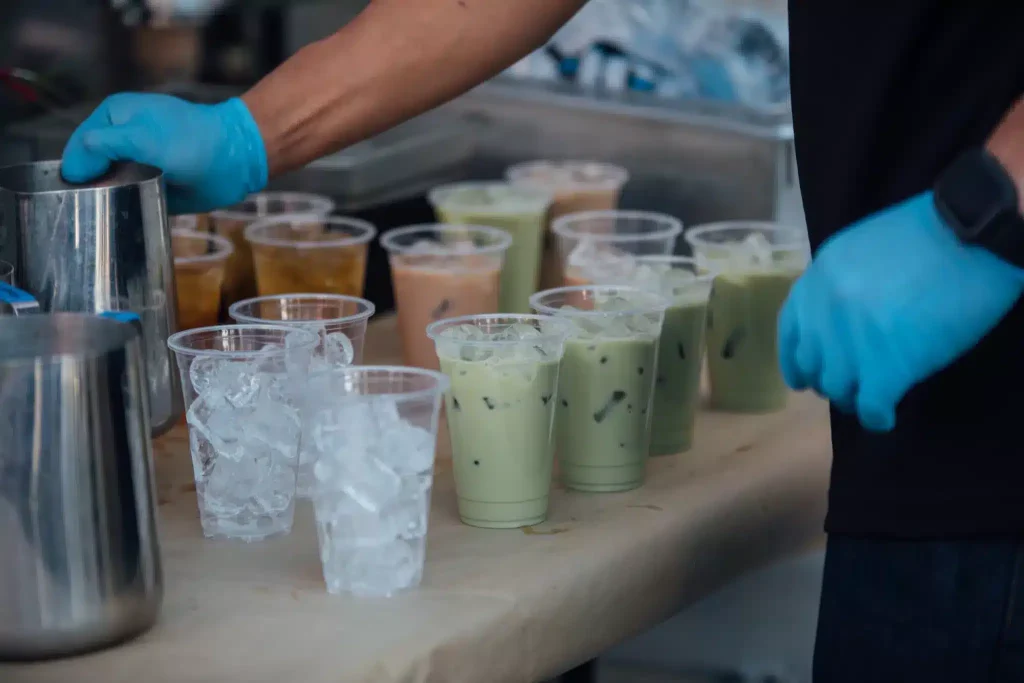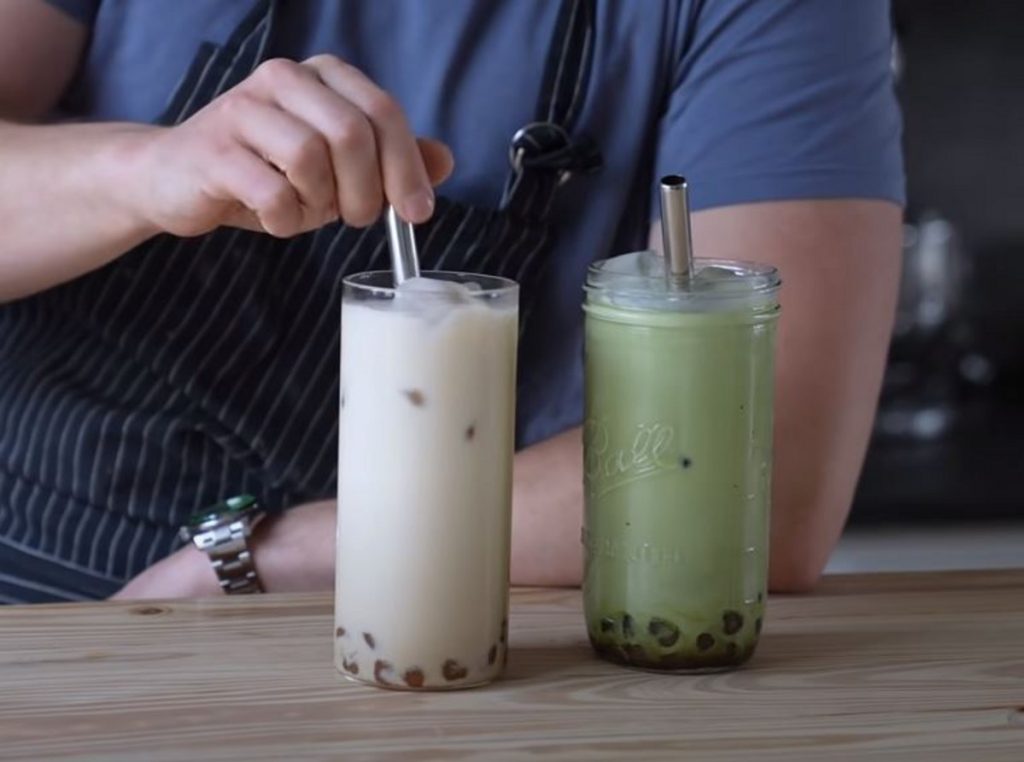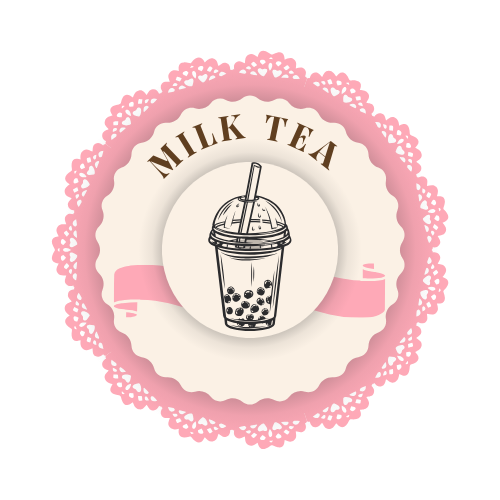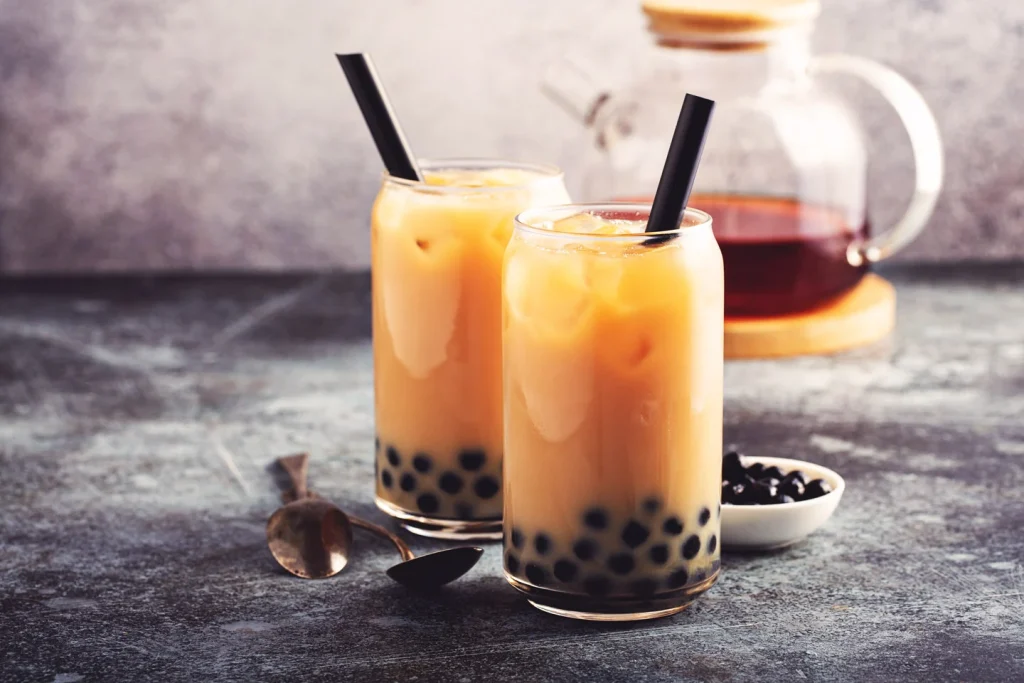Blog
The Role of Bubble Tea in Modern Pop Culture
Bubble tea, or boba tea, has evolved from a beloved Taiwanese beverage to a global cultural icon. With its colorful appearance, chewy tapioca pearls, and endless customization options, bubble tea has become more than just a drink—it’s a symbol of modern lifestyle, creativity, and community. Its growing presence in movies, music, social media, and even fashion demonstrates how deeply it has integrated into modern pop culture.
This article explores the role of bubble tea in modern pop culture, highlighting how it has become a symbol of global connectivity, identity, and innovation.
1. Bubble Tea as a Symbol of Asian Identity and Culture
Bubble tea originated in Taiwan in the 1980s, and its spread across the globe has made it a key representative of Asian culture in the modern world. For many people, especially within the Asian diaspora, bubble tea is more than a drink—it’s a cultural touchstone that connects them to their heritage.

- Representation in Media: Bubble tea is increasingly featured in movies, TV shows, and web series that celebrate Asian culture. For instance, shows like Kim’s Convenience and Crazy Rich Asians include scenes with bubble tea, reflecting its importance within the community.
- Cultural Pride: Younger generations of Asian-Americans and Asians living abroad often view bubble tea as a way to proudly share their culture with others, making it a symbol of identity and inclusivity.
2. The Role of Social Media in Popularizing Bubble Tea
Social media has been instrumental in propelling bubble tea into mainstream pop culture. Platforms like Instagram, TikTok, and YouTube have created a space for bubble tea lovers to showcase their creativity and share their experiences.
- Instagram-Worthy Aesthetics: The vibrant colors, layered designs, and unique toppings of bubble tea make it perfect for Instagram. Hashtags like #boba and #bubbletea have millions of posts, showcasing the drink in all its creative glory.
- TikTok Trends: Bubble tea challenges and recipe videos often go viral on TikTok, where creators share their love for the drink through fun dances, DIY tutorials, and taste tests.
- YouTube Reviews: Influencers and food vloggers frequently review bubble tea shops and new flavors, helping to drive interest and curiosity about the drink.
3. Bubble Tea in Music and Pop Art
Bubble tea has become a recurring motif in music videos, pop art, and graphic design, often symbolizing youthfulness and modernity.
- Music Videos: Artists like BLACKPINK and BTS have subtly included bubble tea in their videos or personal moments, making it a favorite drink among K-pop fans.
- Pop Art and Merchandising: Bubble tea-inspired illustrations and merchandise, such as stickers, keychains, and apparel, are widely popular, especially among younger audiences. Brands often incorporate bubble tea into their designs to appeal to a trendy, urban demographic.
4. Bubble Tea Cafés as Cultural Hubs
Bubble tea shops are more than just places to grab a drink—they’ve become community spaces and cultural hubs for modern youth. These cafés often double as social hangouts, where friends can connect, work on projects, or simply enjoy a trendy atmosphere.
- Trendy Interiors: Many bubble tea cafés feature Instagrammable décor, such as neon signs, vibrant murals, and cozy seating areas, making them hotspots for social gatherings and photo opportunities.
- Global Chains: Popular chains like Gong Cha, Chatime, and The Alley have spread the bubble tea culture worldwide, becoming iconic brands in themselves.
5. Fashion and Bubble Tea-Inspired Trends
Bubble tea has even influenced the world of fashion and lifestyle products, proving its versatility as a cultural symbol.

- Clothing and Accessories: Bubble tea-themed T-shirts, socks, and handbags have become popular, often featuring cute illustrations or witty slogans like “Powered by Boba.”
- Makeup and Beauty: Bubble tea has inspired beauty products, such as bubble tea lip balms, face masks, and even fragrances, showcasing its influence beyond food and drink.
6. Bubble Tea in Cinema and TV Shows
Bubble tea has made its way into Western cinema and TV shows, reflecting its status as a global cultural phenomenon.
- Cameos in Western Media: Bubble tea has appeared in shows like To All the Boys I’ve Loved Before and Awkwafina Is Nora from Queens, symbolizing both youth culture and Asian representation.
- Documentaries and Features: Documentaries like The Boba Craze explore the cultural significance of bubble tea, diving into its history, global appeal, and role in identity politics.
7. Bubble Tea as a Lifestyle Statement
For many, bubble tea is not just a drink but a lifestyle choice. Its unique blend of flavors, textures, and customization options makes it a drink that reflects individuality and creativity.
- Customization as Self-Expression: With options to customize sweetness levels, toppings, and tea bases, bubble tea allows individuals to create a drink that’s uniquely theirs.
- Symbol of Trendiness: Owning a bubble tea drink, especially a visually appealing one, has become a symbol of being on-trend and culturally aware.
8. Bubble Tea in Digital and Gaming Culture
The influence of bubble tea extends into gaming and digital culture, where it often appears as a fun, quirky element.
- Video Games: Games like Animal Crossing and The Sims have introduced bubble tea as a virtual item, reflecting its popularity in real life.
- Emojis and Stickers: The introduction of the bubble tea emoji (🧋) in 2020 highlights its cultural relevance, allowing users to express their love for boba in digital conversations.
9. Bubble Tea as a Business and Marketing Phenomenon
Bubble tea brands have become adept at leveraging pop culture to market their products, collaborating with influencers, celebrities, and major franchises to appeal to a broader audience.
- Celebrity Collaborations: Stars like Bella Poarch and NIKI have partnered with bubble tea brands, making the drink even more appealing to their fans.
- Limited-Edition Flavors: Collaborations with movies, TV shows, or games often lead to exclusive bubble tea flavors or themed packaging, boosting the drink’s visibility and appeal.
10. The Globalization of Bubble Tea
Bubble tea’s presence in pop culture highlights its role as a bridge between cultures. Its adaptability has allowed it to resonate with diverse audiences while maintaining its roots in Taiwanese culture.
- Cultural Fusion: Variations like matcha boba (inspired by Japanese tea culture) and brown sugar bubble tea (with caramelized syrup) showcase how the drink evolves to suit different tastes.
- Global Appeal: Bubble tea shops now exist in nearly every major city worldwide, from New York to London to Sydney, making it a global cultural icon.
Conclusion: Bubble Tea as a Cultural Icon
Bubble tea’s role in modern pop culture goes far beyond being a trendy beverage. It’s a symbol of creativity, community, and cultural exchange that resonates with people of all backgrounds. From its representation in media to its influence on fashion, social media, and gaming, bubble tea has become a staple of modern life and a key player in shaping global trends. As bubble tea continues to evolve, its place in pop culture is only set to grow, further solidifying its status as a global cultural icon.


